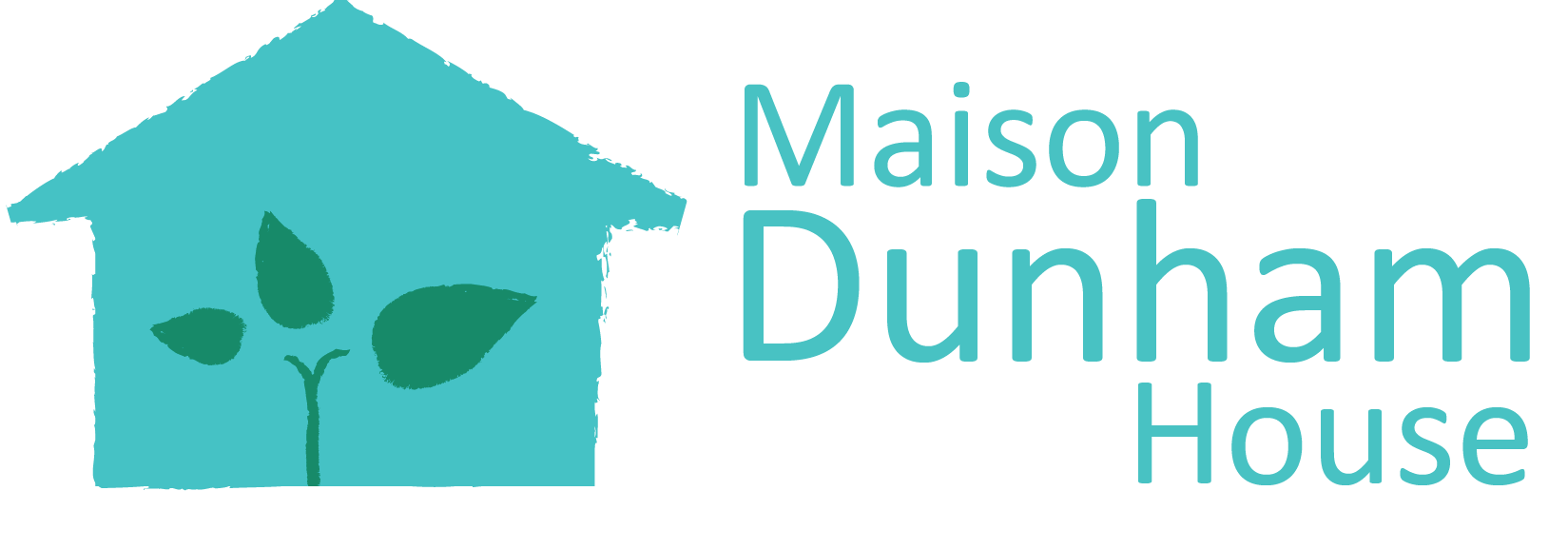Addiction is a pervasive issue that affects individuals, families, and communities worldwide. When someone we care about is struggling with addiction, it's natural to want to support them in any way possible. However, there's a fine line between enabling and helping, and understanding the difference is crucial in providing effective support.
Enabling involves behaviors or actions that inadvertently support the continuation of addictive behaviors. While it may come from a place of love and concern, enabling ultimately hinders the individual's ability to confront their addiction and seek help. Examples of enabling behaviors include:
Denial: Ignoring or downplaying the severity of the addiction.
Covering up: Making excuses for the individual's behavior or taking responsibility for their actions.
Financial support: Providing money or resources that are likely to be used to fuel the addiction.
Rescuing: Bailing the individual out of legal or financial trouble caused by their addiction without addressing the root issue.
Avoiding consequences: Shielding the individual from the natural consequences of their actions.
On the other hand, helping involves actions that support the individual's journey toward recovery and well-being. It involves providing support and resources that empower the individual to take responsibility for their actions and make positive changes. Examples of helpful behaviors include:
Setting boundaries: Establishing clear boundaries and consequences for unacceptable behavior.
Encouraging treatment: Supporting the individual in seeking professional help, such as therapy, counseling, or rehab.
Offering emotional support: Listening non-judgmentally, expressing empathy, and providing encouragement and reassurance.
Educating yourself: Learning about addiction, its causes, and available resources to better understand the challenges the individual is facing.
Promoting self-care: Encouraging the individual to engage in healthy activities and practices that promote physical, emotional, and mental well-being.
It's important to recognize that helping someone with addiction can be incredibly challenging and complex. It requires patience, empathy, and a willingness to confront difficult situations. It's also essential to prioritize self-care and seek support for yourself if you're feeling overwhelmed or burnt out.
Ultimately, the goal of supporting someone with addiction is to empower them to make positive changes in their life and regain control over their well-being. By understanding the difference between enabling and helping, you can provide the support and encouragement needed to facilitate their journey toward recovery.









